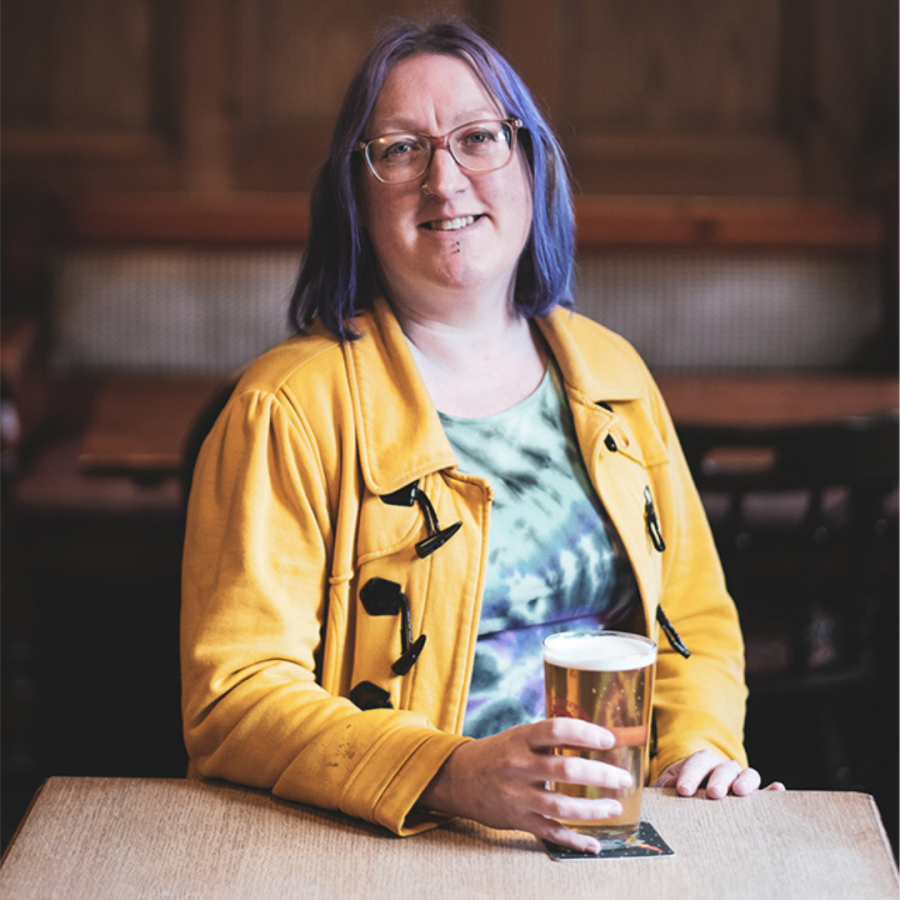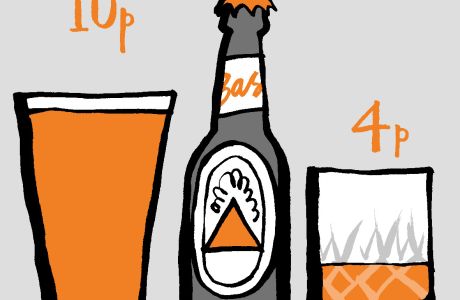Women in CAMRA
“It’s off-putting to see ladies drinking a pint” –
Women have suffered widespread discrimination and oppression within brewing and drinking culture. There is still a long way to go but there are many examples of women taking the lead in the fight for equality and representation in the brewhouse, at the bar and within CAMRA. ’50 years of CAMRA’ author Laura Hadland leads us on a journey through the history of women, CAMRA and British drinking culture.

- Women in the Brewhouse
- Women in the Lab
- Women in the Pub
- Women at Beer Festivals
- Women in the Tasting Room
- Women and Beer Today
-

Women and beer have a long and venerable association in the UK. There is a rich history of passionate, knowledgeable and fearless beer-loving women both within CAMRA and outside of it. They have made their own mark on the world of cask conditioned ale, improving things for everyone. However, there is unfortunately a parallel tradition of the narratives of discrimination, spewing their prudish moralising against women who make or drink beer.
It may come as a surprise that in the modern organisation women are still quite poorly represented. Only 20% of CAMRA members are women and an even smaller fraction are Regional Directors—just two in sixteen. However, at the highest level representation is slightly better, with women making up a third of the current National Executive.
Some pioneering women have had such an impact on the way we drink live beer that today we can almost take it for granted, although there is a continuing need for constant vigilance against misogyny and sexism.
-
Women in the Brewhouse
Thousands of years ago beer was born in ancient Mesopotamia. Brewing was an extreme rarity in being an acceptable female occupation. Supplication was made to a goddess, not a god, for the protection and success of the industry.
Later, the same rules applied to our own early brewing roots. In the medieval period, brewsters sold home brewed ale to supplement their household income. They were gradually forced to give way to a more aggressive commercialisation of the product by male-led ale houses.
Women have not held a majority in the British beer industry since that time. However there is still a fine lineage of female brewers and brewery workers that can be traced through the centuries. This includes Hester Parnall, the chairman of St Austell from 1911 to 1939. The brewery has placed great emphasis on the crucial role she played in the business:
“That the Brewery thrived and grew during the interwar years is testament to her rugged determination and hands-on approach to the running of the company and the estate was in great shape when the Chairmanship passed on to Egbert Barnes in 1939, on the eve of World War Two.”
There is a fantastic gallery of women in pubs and breweries through the years available on the Boak and Bailey blog, which is a treasure trove of historical sources and fantastic analysis of beery history. The mantle of Hester Parnall and her contemporaries has been taken up in the modern age by brewers like Sara Barton of Brewsters and Jaega Wise at Wild Card.

-
Join CAMRA for unlimited access Join CAMRA
Women in the Lab
-
-
Women in the Pub
-
-
-
-
Women at Beer Festivals
-
Women in the Tasting Room
-
-
Women and Beer Today






